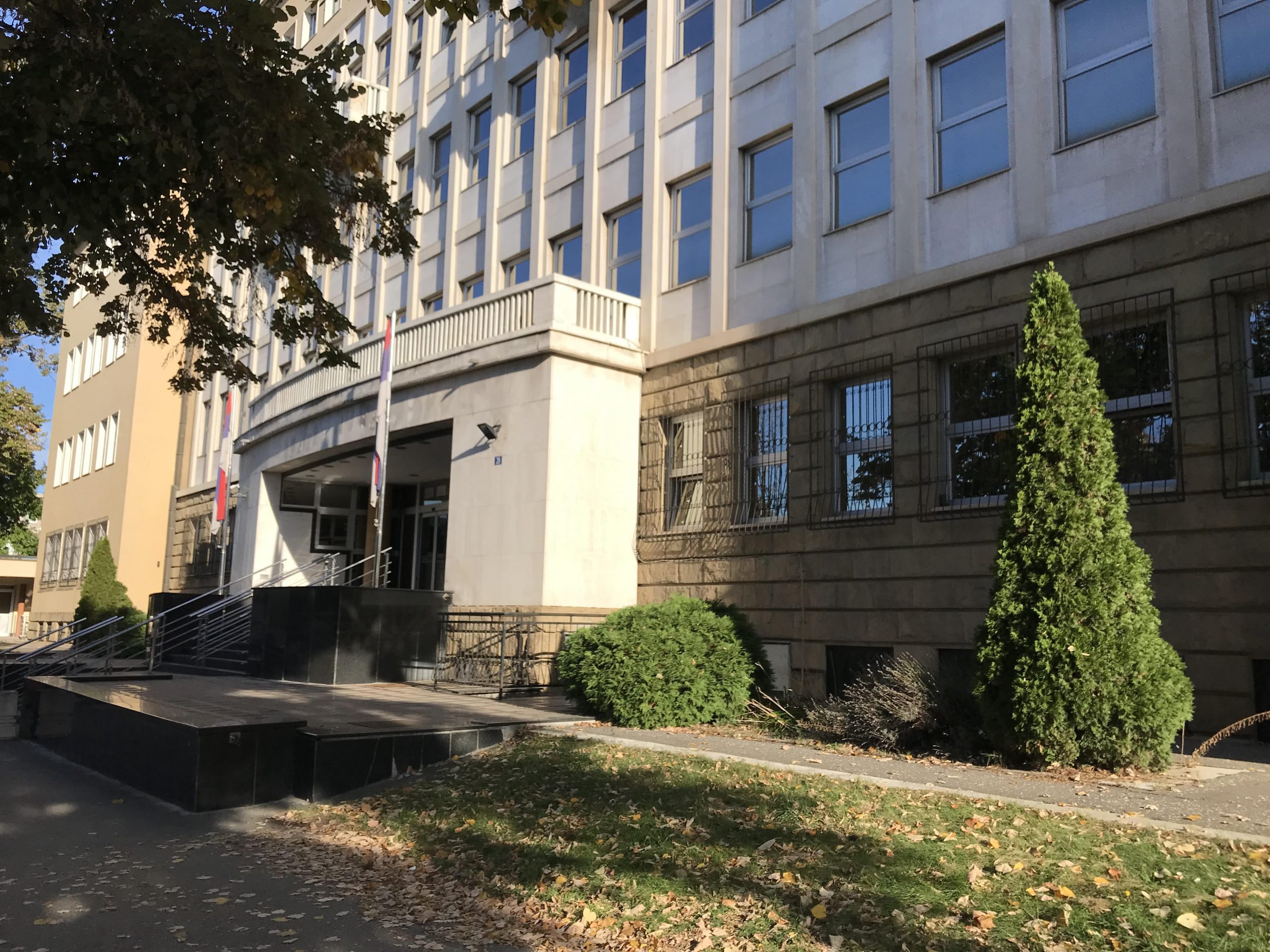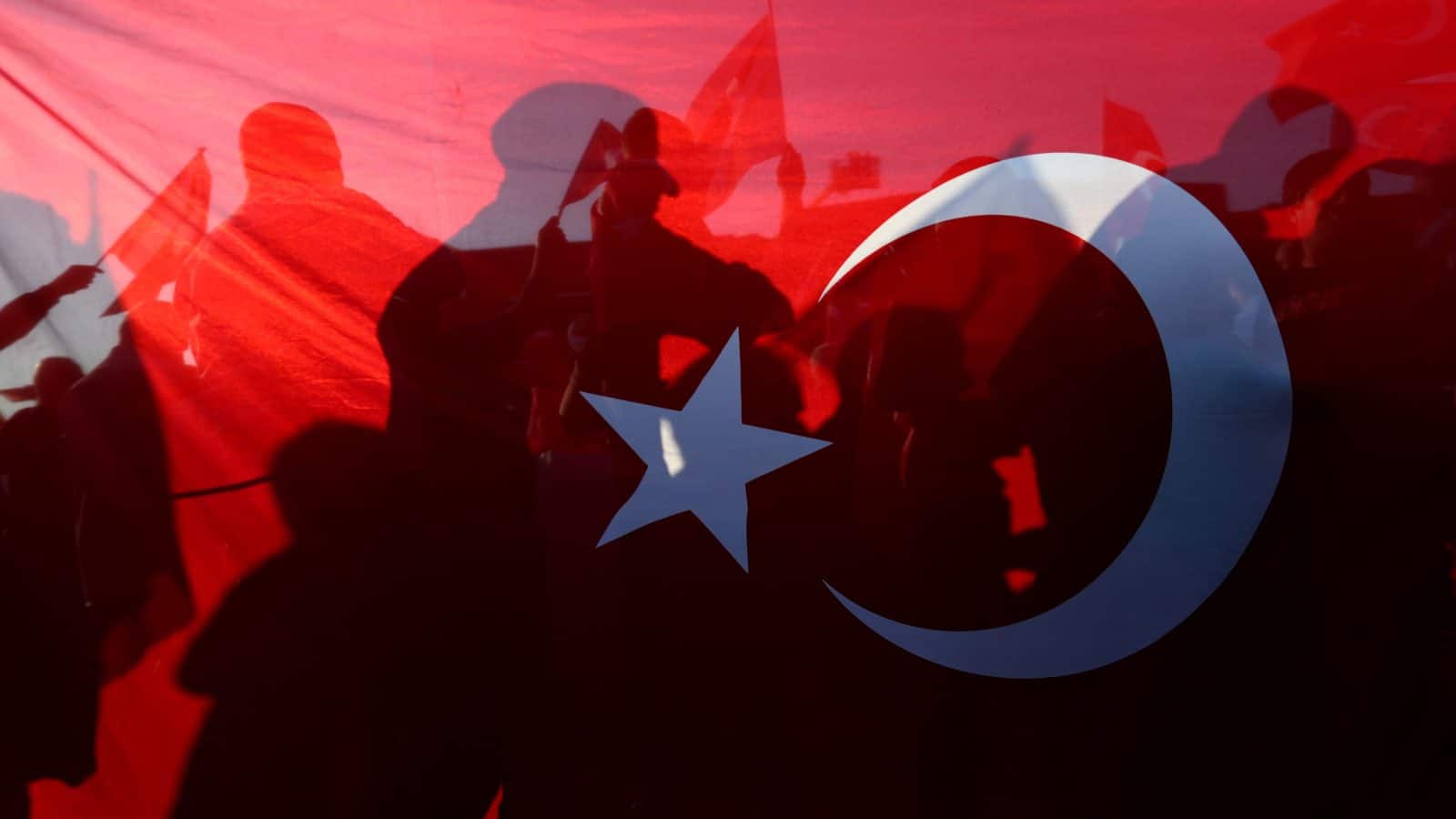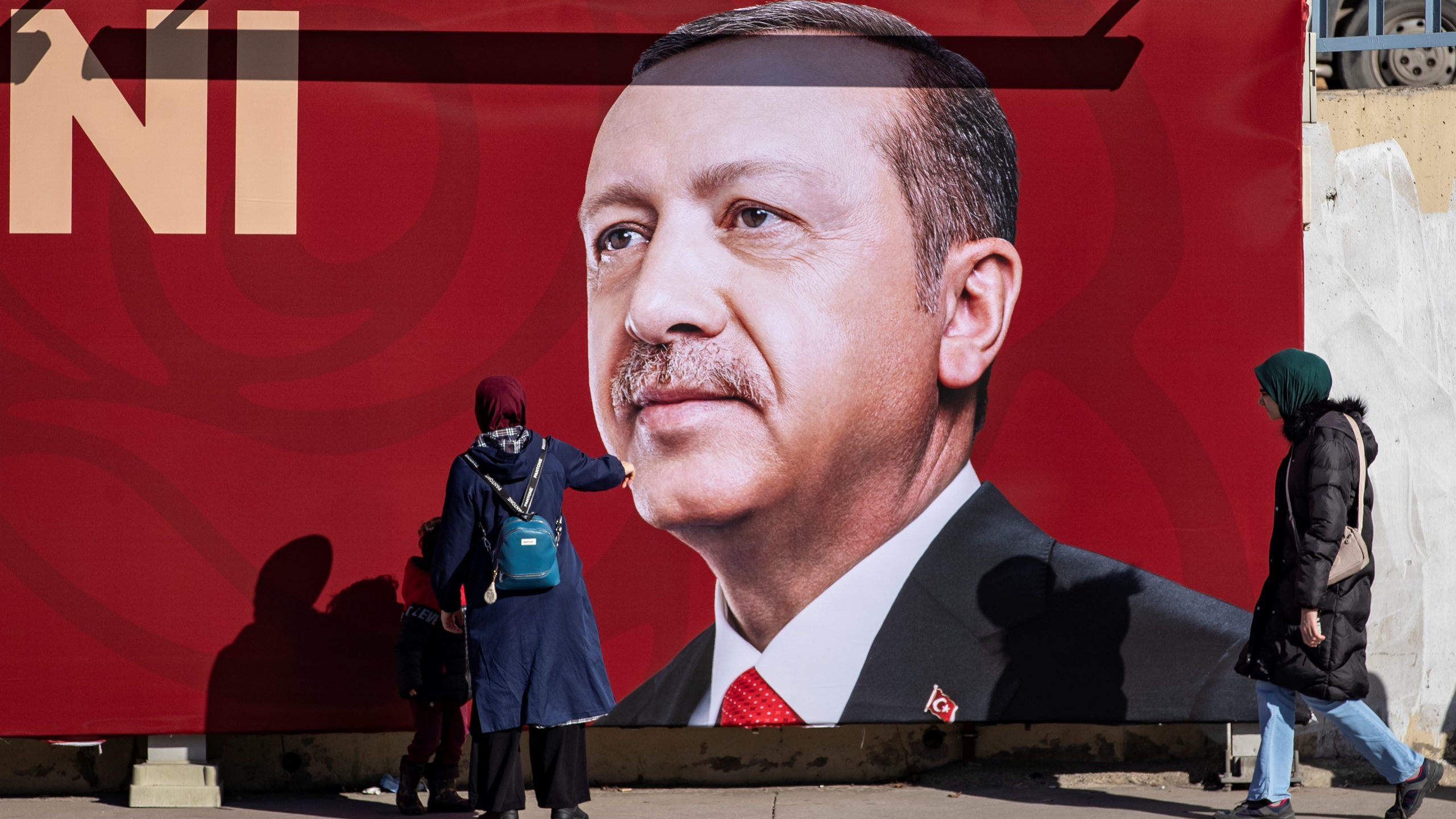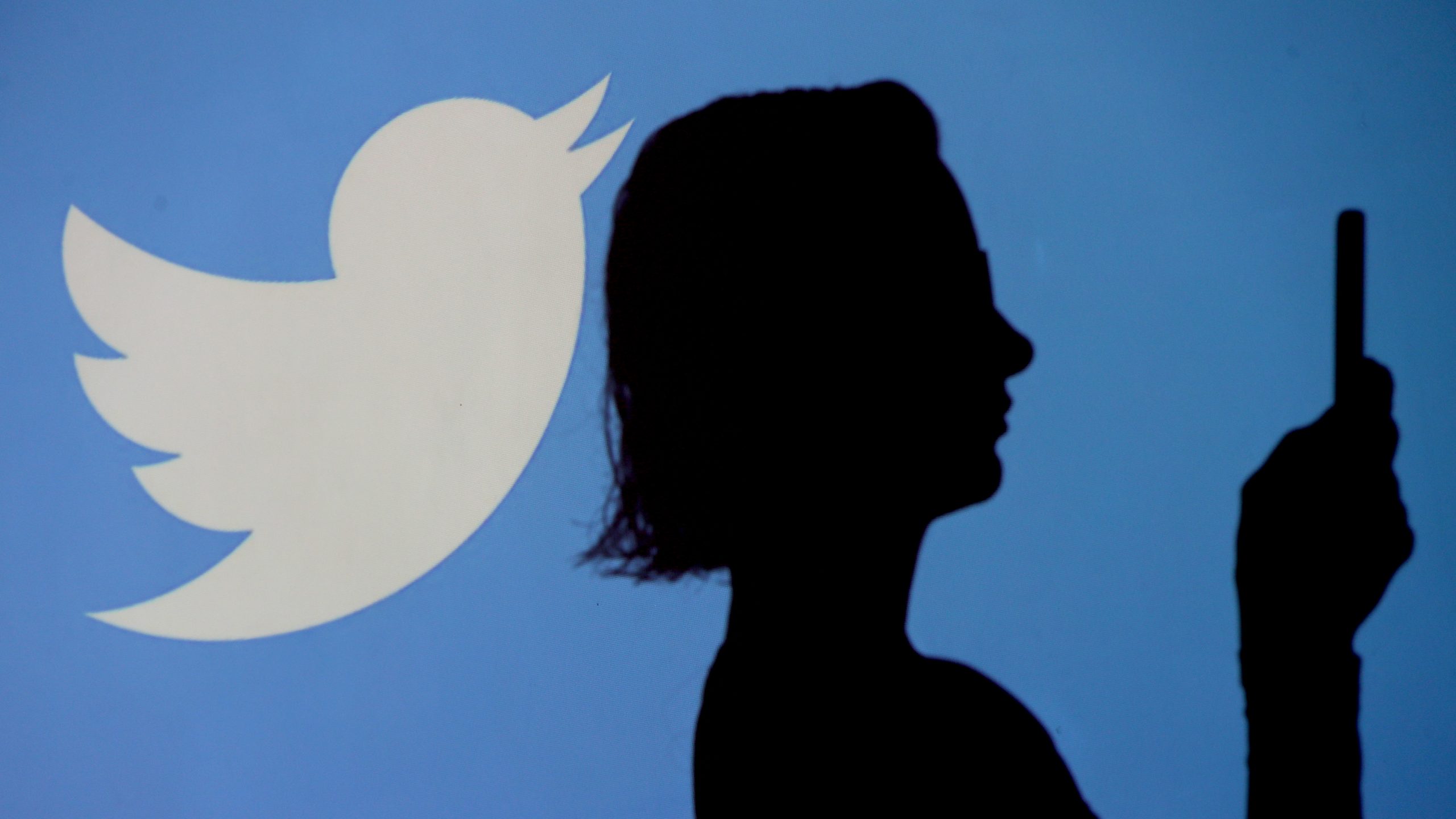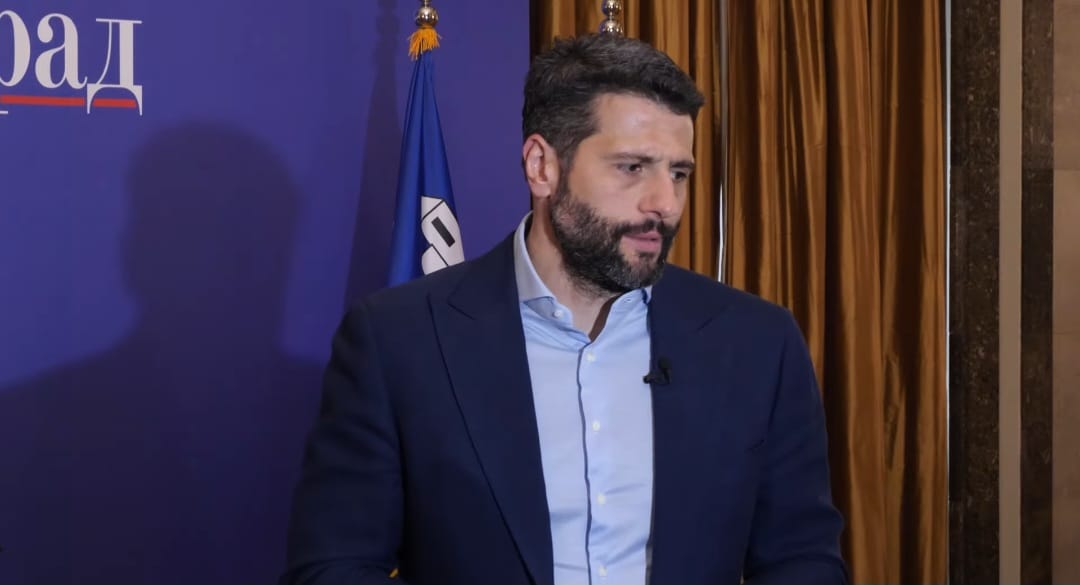Zeljko Bodrozic, president of the Independent Association of Journalists of Serbia, NUNS, said on Tuesday that the verdict sentencing journalist Milovan Brkic to 14 months in jail was proof that the country’s judiciary has become an arm of the ruling Serbian Progressive Party.
Brkic, 66, the editor-in-chief of the newspaper Tabloid, was convicted by Belgrade Higher Court on Tuesday of calling for a violent change in the country’s constitutional order. The verdict can be appealed.
“If Milovan Brkic is really capable of destroying the state and harming it with his articles and speeches, then this state is not a tiger in the Balkans, nor does it have security services that it can be proud of,” said Bordozic.
“Brkic’s Tabloid has a very small reach and influence, but it is highlighted non-stop by the authorities in order to create the image that President Aleksandar Vucic is constantly under threat. That certainly cannot be a reason for someone to be sentenced to 14 months in prison,” he added.
The prosecution claimed that on May 8 this year during a ‘Serbia against Violence’ protest, Brkic called for the overthrow of the state authorities and their representatives – the National Assembly and President Vucic.
“The court today had a choice between showing that there is still some independence of the judiciary in Serbia or to send a message that Serbia has put an end to freedom of speech,” Brkic’s lawyer, Vladimir Gajic, told Beta news agency.
“Brkic was de facto convicted of a verbal offence. What he said on May 8 was just a politically incorrect statement,” he added.
The higher public prosecution had asked for Brkic to be sentenced to two years in prison.
